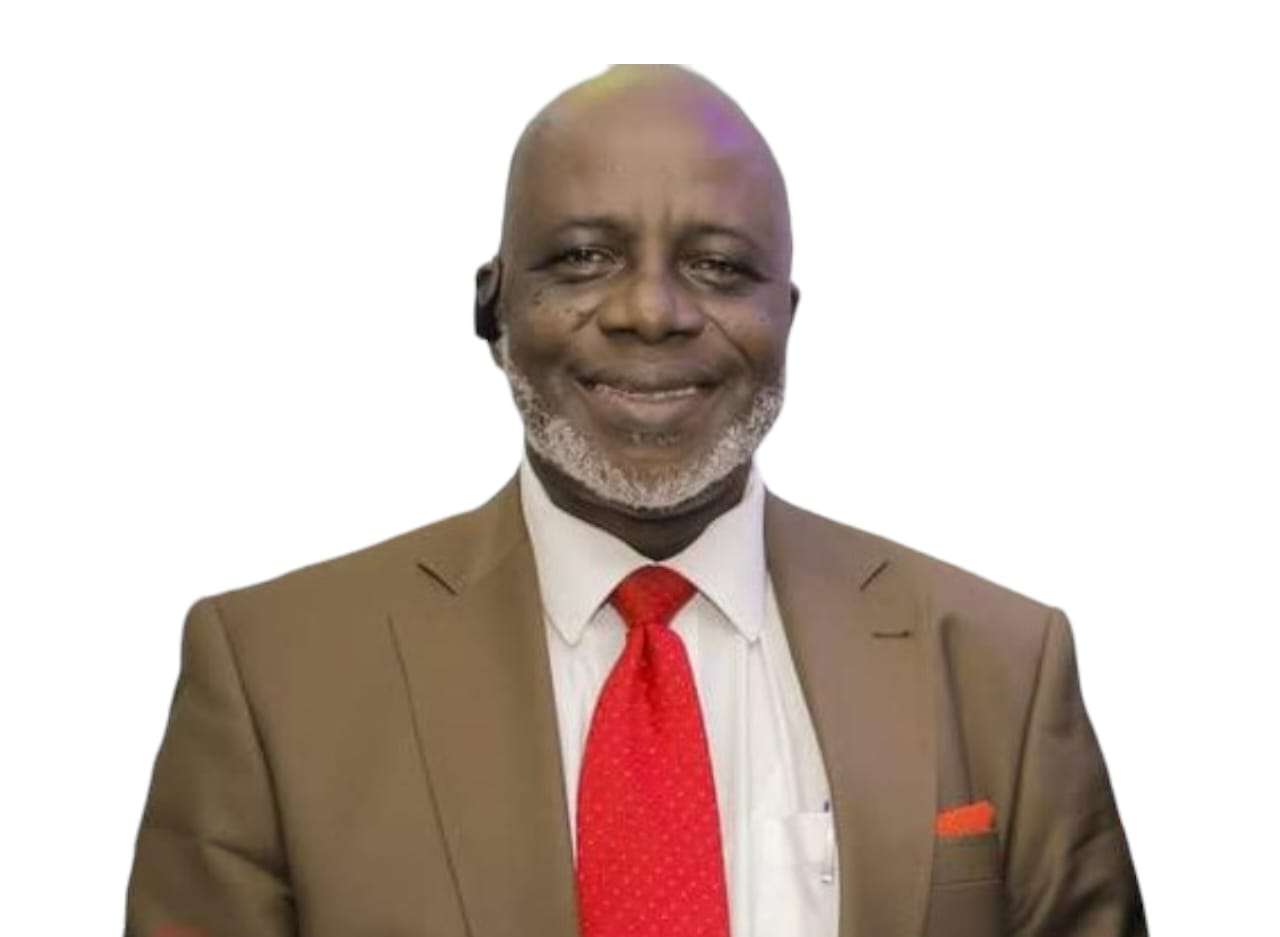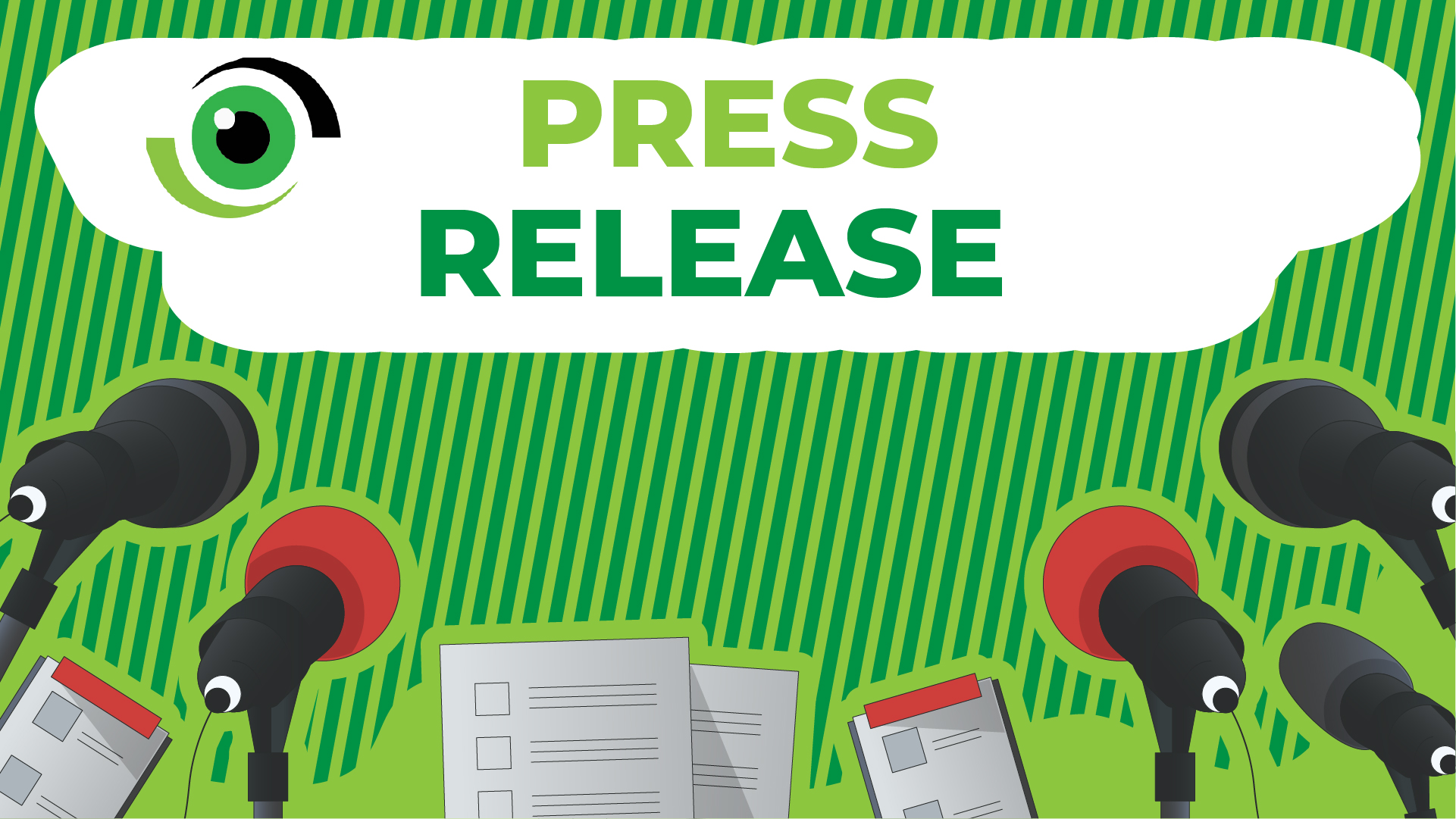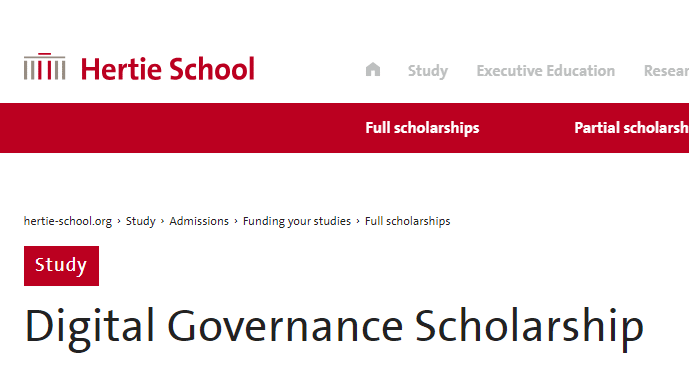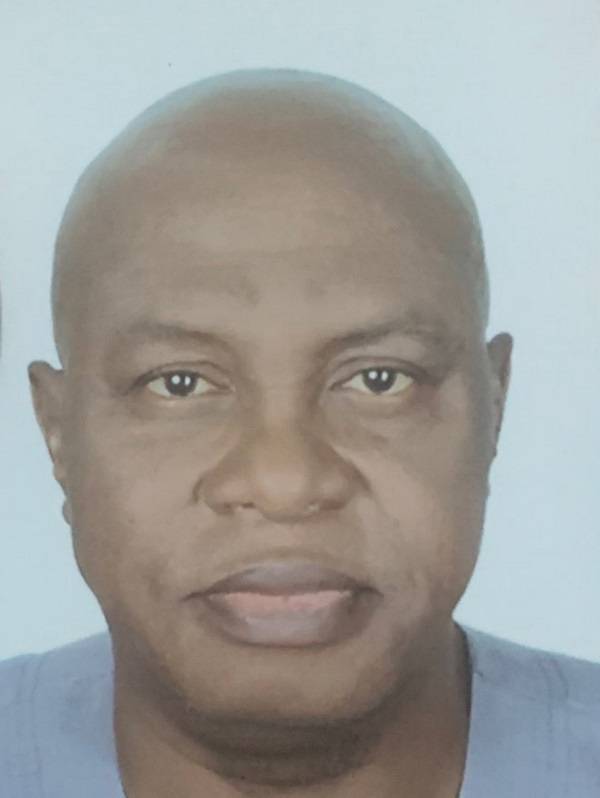Place your adverts here on InfoDig @ low rates; banner ads, sponsored links and guest articles etc. Contact us
–As HCPAN Hails Lagos Executive Order Mandating Health Insurance for All Residents
 Dr Adenike Olaniba, former president, HCPAN, presenting an Award Plaque to Prof. Akin Abayomi, commissioner for health, Lagos State, at the HCPAN Scientific Conference and AGM, in Lagos.
Dr Adenike Olaniba, former president, HCPAN, presenting an Award Plaque to Prof. Akin Abayomi, commissioner for health, Lagos State, at the HCPAN Scientific Conference and AGM, in Lagos.In a significant move to enhance healthcare access and quality in Nigeria, key stakeholders, including Prof. Akin Abayomi, commissioner for health, Lagos State, Dr Michael Olawale-Cole, past president of the Lagos Chamber of Commerce and Industry, Dr Jephtan Aletan, head of design and product at Wellahealth Technologies Limited, and Pharm. Abiola Paul-Ozieh, chairman of Healthcare Providers Association of Nigeria, HCPAN, Lagos, have called for the adoption of digital solutions to revolutionise the nation’s healthcare system.
The call to action was made during HCPAN’s Scientific Conference and Annual General Meeting (AGM) at the Lagos Chamber of Commerce and Industry (LCCI) in Alausa, Lagos, with the theme “Leveraging Digital Technology to Improve Residents’ Enrollment and Enhance Providers’ Efficiency in the Nation’s Health Insurance Programme.”
In his address, Prof. Abayomi, the guest of honour, emphasised the pressing need for innovative solutions as Nigeria grapples with challenges in its healthcare system, stating that the integration of technology into healthcare is not just an option; it is a necessity.
He noted that the recent executive order mandating health insurance coverage for all Lagos residents as a landmark decision that will “reset the economic clock of healthcare delivery in Lagos,” ensuring that no resident is left without access to quality healthcare.
“The goal is to provide financial protection for our citizens and ensure that healthcare is affordable and accessible to everyone, regardless of their income status,” Prof. Abayomi added. He highlighted that the order aims to address issues such as the lack of an insurance culture among Lagosians and the challenges of tracking the informal sector, which constitutes 80 percent of the workforce.
The commissioner further emphasised the role of the Lagos State Health Management Agency (LASHMA) in implementing this order, promoting private sector participation, and transitioning to a cashless healthcare payment system. This initiative aims to reduce the burden of out-of-pocket payments and curb outbound medical tourism while tackling the issue of brain drain in the state’s health sector.
 A cross-section of participants at the HCPAN Scientific Conference and AGM, in Lagos.
A cross-section of participants at the HCPAN Scientific Conference and AGM, in Lagos.Abayomi commended both private and public health insurers in Lagos, noting that over 1.8 million residents are already insured through private health maintenance organisations (HMOs), with an additional 1 million benefiting from public schemes. He assured residents that private insurers would be able to integrate their services with the state’s scheme, eliminating the need for dual insurance plans.
The Lagos State government is also reinvesting in its Equity Fund to cover vulnerable residents who cannot afford insurance. Eligible residents will be profiled for enrollment in the fund, ensuring they receive adequate healthcare protection. A regulatory framework will be established to maintain high standards among accredited healthcare providers, with strict monitoring of HMOs to ensure compliance and efficient responses to healthcare needs.
To raise awareness about health insurance, Prof. Abayomi announced a public health campaign alongside enforcement measures. “We are committed to ensuring every Lagosian carries health insurance, whether public or private, so that we can inject more resources into the health sector and elevate healthcare delivery,” he stated.
He also unveiled plans for Lagos State’s healthcare sector, including the establishment of the first stand-alone University of Medicine and Health Sciences, which aims to produce 2,500 medical professionals annually, saying the initiative will significantly increase the state’s healthcare workforce and help address the shortage of healthcare personnel.
“We are positioning Lagos as a hub for quality healthcare services in Africa, matching cities like London, Paris, and New York in healthcare delivery,” he concluded.
Dr Olawale-Cole also underscored the critical need to leverage digital resources to enhance resident enrollment and improve provider efficiency within Nigeria’s health insurance framework. He highlighted the pressing challenges facing the national health insurance programme, notably low enrollment rates and systemic inefficiencies that hinder access to essential healthcare services.
He stressed the importance of data-driven outreach campaigns to raise awareness of health insurance benefits, particularly in rural communities where knowledge of such programmes is limited. Utilizing social media, SMS, and online advertising can effectively target demographics in need of these services.
Dr Olawale-Cole also highlighted telemedicine as a powerful tool for improving both enrollment and healthcare provider services. By enabling remote consultations, telemedicine can enhance access to care for individuals in underserved areas, optimise resource usage, and improve patient outcomes.
He called for collaboration among government agencies, healthcare institutions, and practitioners to realise the digital transformation of Nigeria’s healthcare system, reiterating, “The future of healthcare in Nigeria is digital.” He emphasised that collective efforts are essential to build a more inclusive, efficient, and sustainable healthcare system for all Nigerians.
In her opening speech at the AGM, Pharm. Paul-Ozieh emphasised the urgent need for digital transformation in Nigeria’s healthcare system, while also commending the Lagos State Government’s recent Executive Order aimed at expanding health insurance coverage for all residents.
She praised Governor Babajide Sanwo-Olu for the Executive Order, which aims to make the Mandatory Social Health Insurance Programme a reality, demonstrating the state government’s commitment to the NHIA Act 2022 and the Lagos State Health Scheme. She further commended the government’s efforts over the past four years, particularly the Ilera-Eko Programme aimed at improving healthcare access.
Pharm. Paul-Ozieh applauded the ministry’s digitalisation efforts through the launch of the Lagos State Health Information Platform (LAGOS SHIP), noting its importance in improving healthcare delivery. She urged the commissioner to ensure clear definitions in three crucial areas: classification of facilities, professionalism and quality service delivery, and payment mechanisms to successfully upscale health insurance enrollment in Lagos State.
In his keynote address titled “Leveraging Digital Technology to Improve Residents’ Enrollment and Enhance Providers’ Efficiency in the Nation’s Health Insurance Programme,” Dr Aletan emphasised that the future of healthcare is digital and that the time for transformation is now. “Digital technology can revolutionise Nigeria’s health insurance by improving access and efficiency. It’s time for stakeholders to embrace this transformation to achieve better healthcare for all,” he stated.
.

 1 hour ago
33
1 hour ago
33















 English (US) ·
English (US) ·